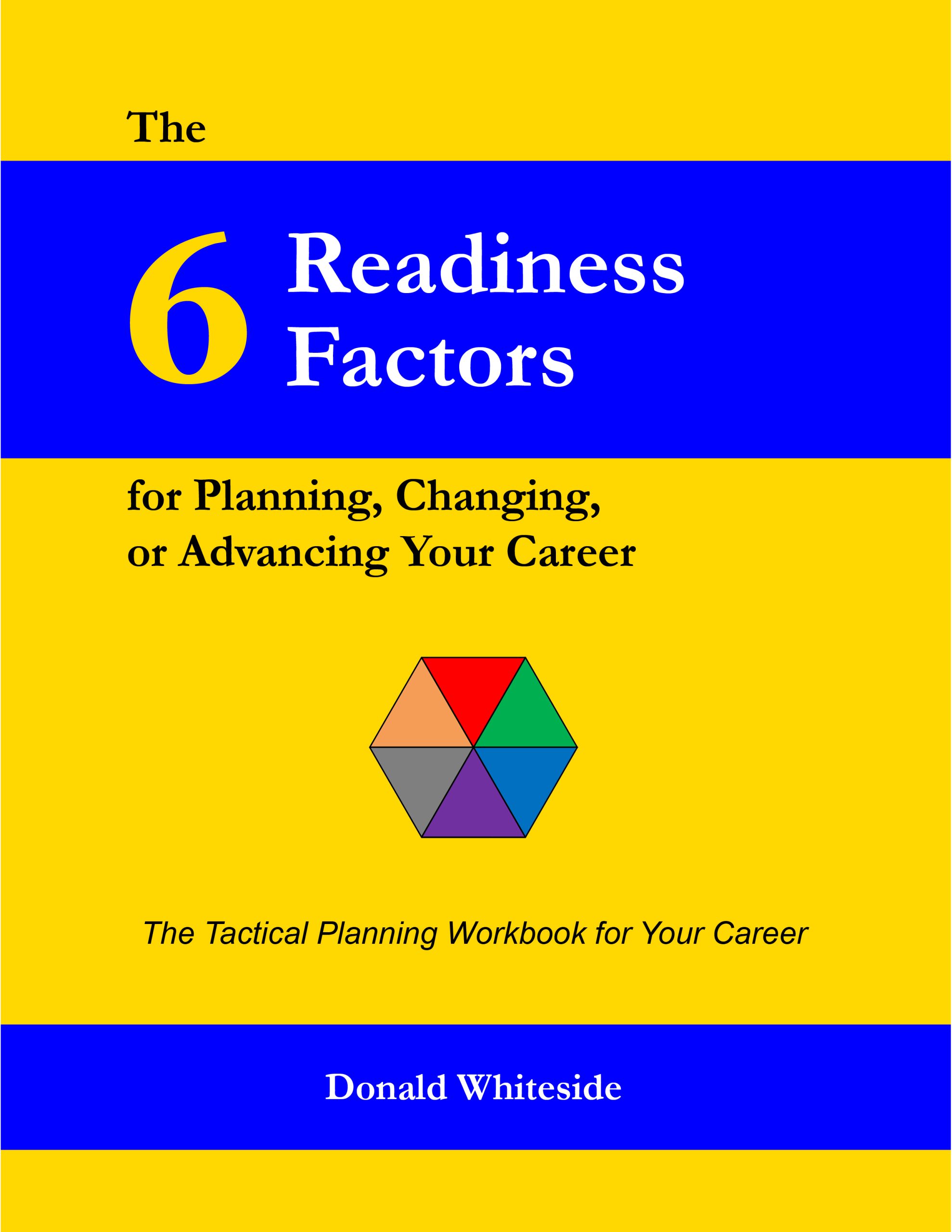 Some career coaches suggest revising your resume each time you apply for a job. Others insist that if a resume is well-written, it need not be modified and it’s the cover letter that should be tailored for each position. So, who’s right? In this podcast, we’ll explore this debate.
Some career coaches suggest revising your resume each time you apply for a job. Others insist that if a resume is well-written, it need not be modified and it’s the cover letter that should be tailored for each position. So, who’s right? In this podcast, we’ll explore this debate.
Agree? Disagree? Feel free to leave a comment and share your experience or thoughts!


 Available in both paperback (8½ x 11 inches) and Kindle edition on
Available in both paperback (8½ x 11 inches) and Kindle edition on